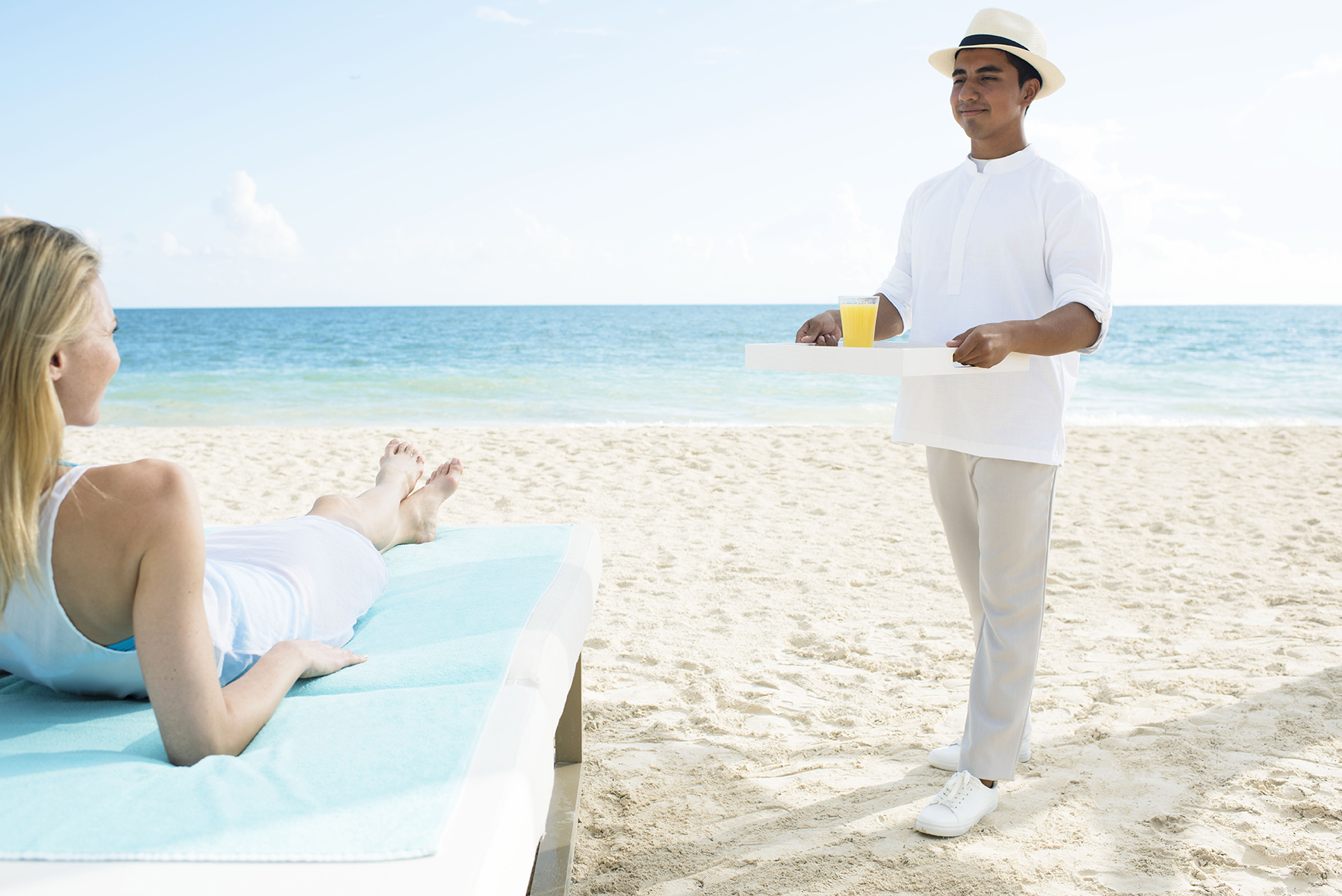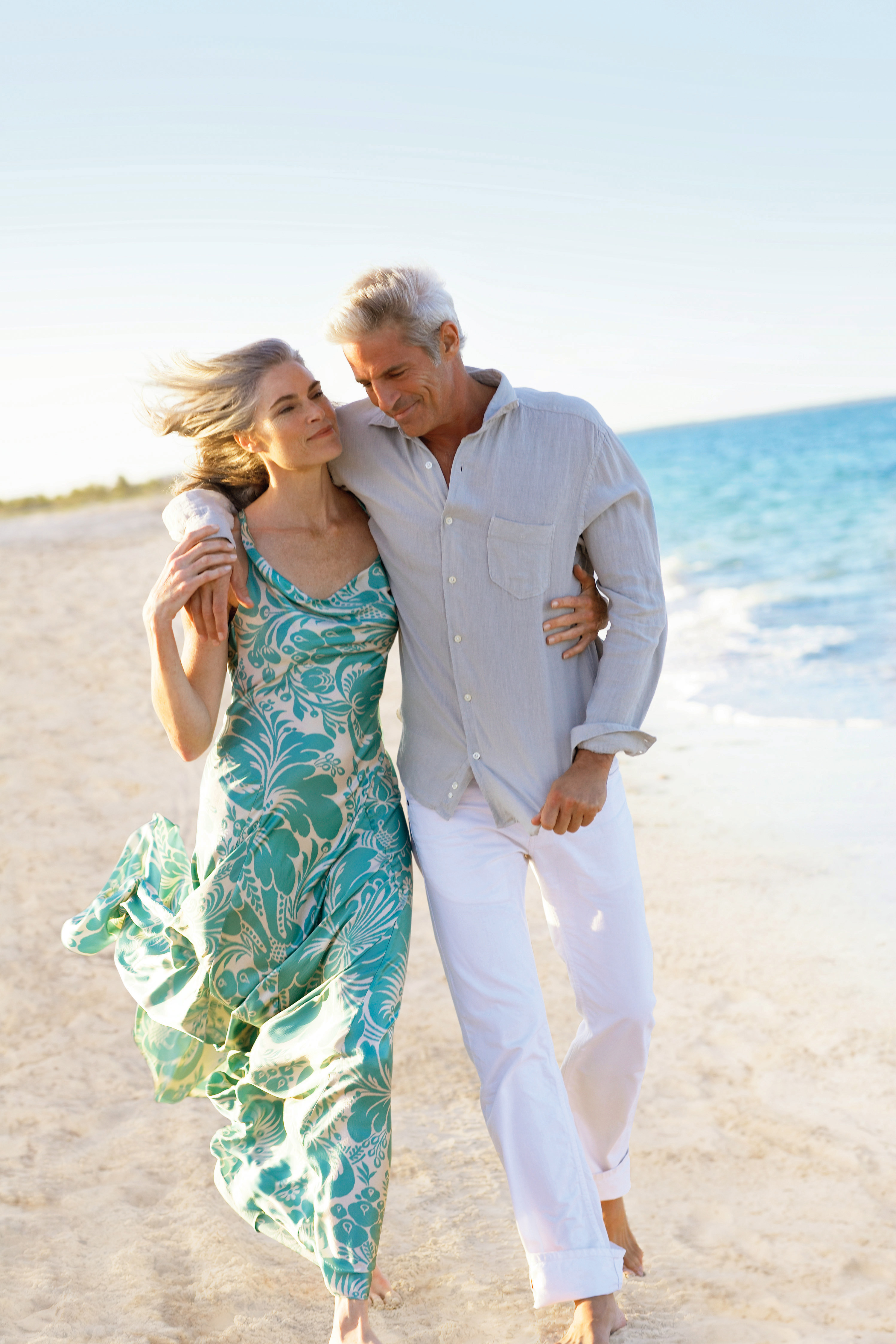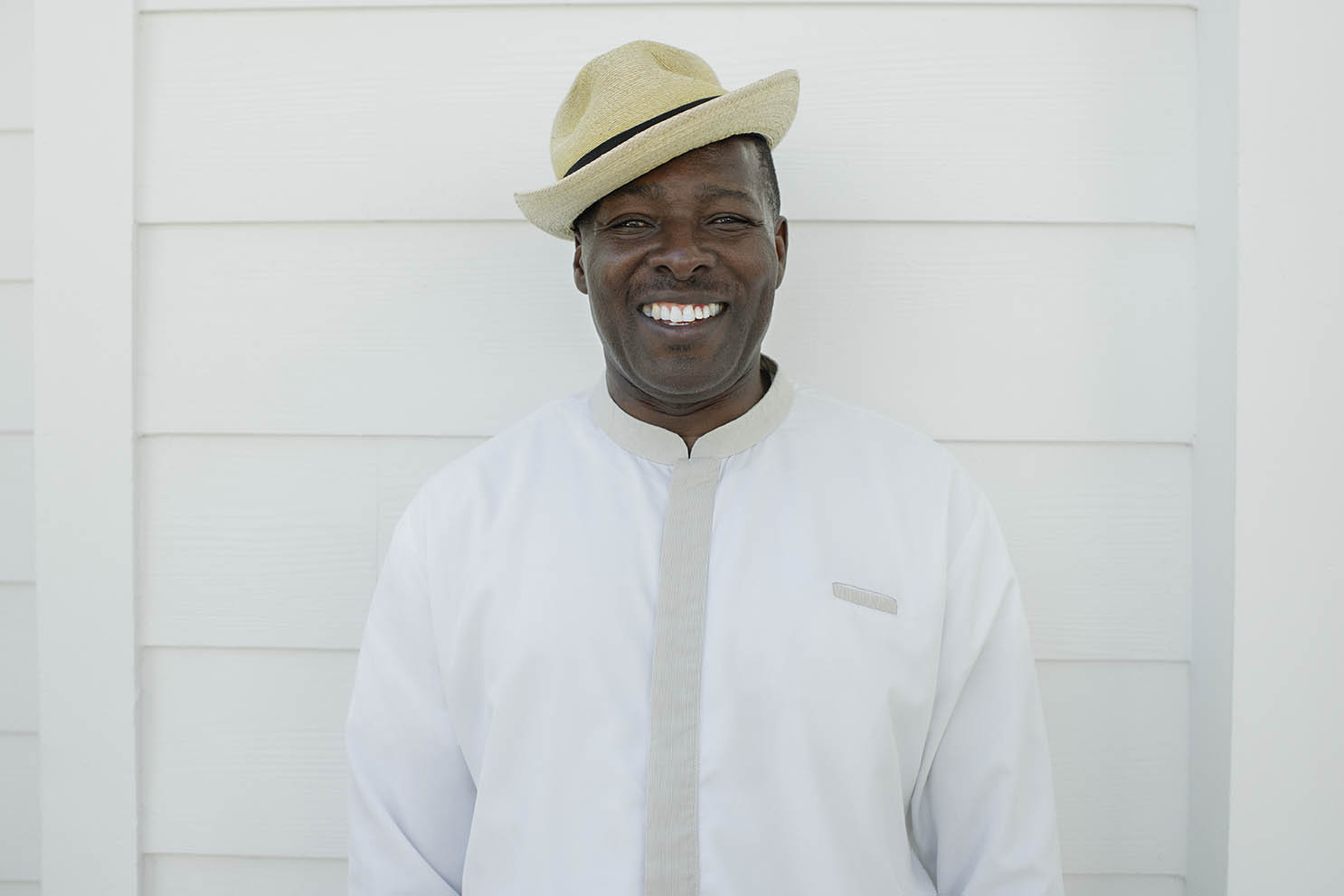Learn More About The Creole Language With Jamaican Patois
Have you heard of Jamaican Creole? Come and discover the language experience and learn some basic Patois phrases for you to try out during your next escape.
What language is spoken in Jamaica? What language is Jamaican? You may already know that despite its diverse origins, Jamaica is an English speaking country. However, did you know that there is another language that exemplifies the true Jamaican spirit? This is Patois (Patwah) or what is commonly known as Jamaican Creole.
This beautiful form of local Caribbean speech has had profound effects on the Jamaican culture, identity, and perception over time and it continues to be a very important aspect of this island's heritage.
Come and see what Patois is all about, learn a few Jamaican phrases, and look forward to practicing some Creole English during your next vacation.
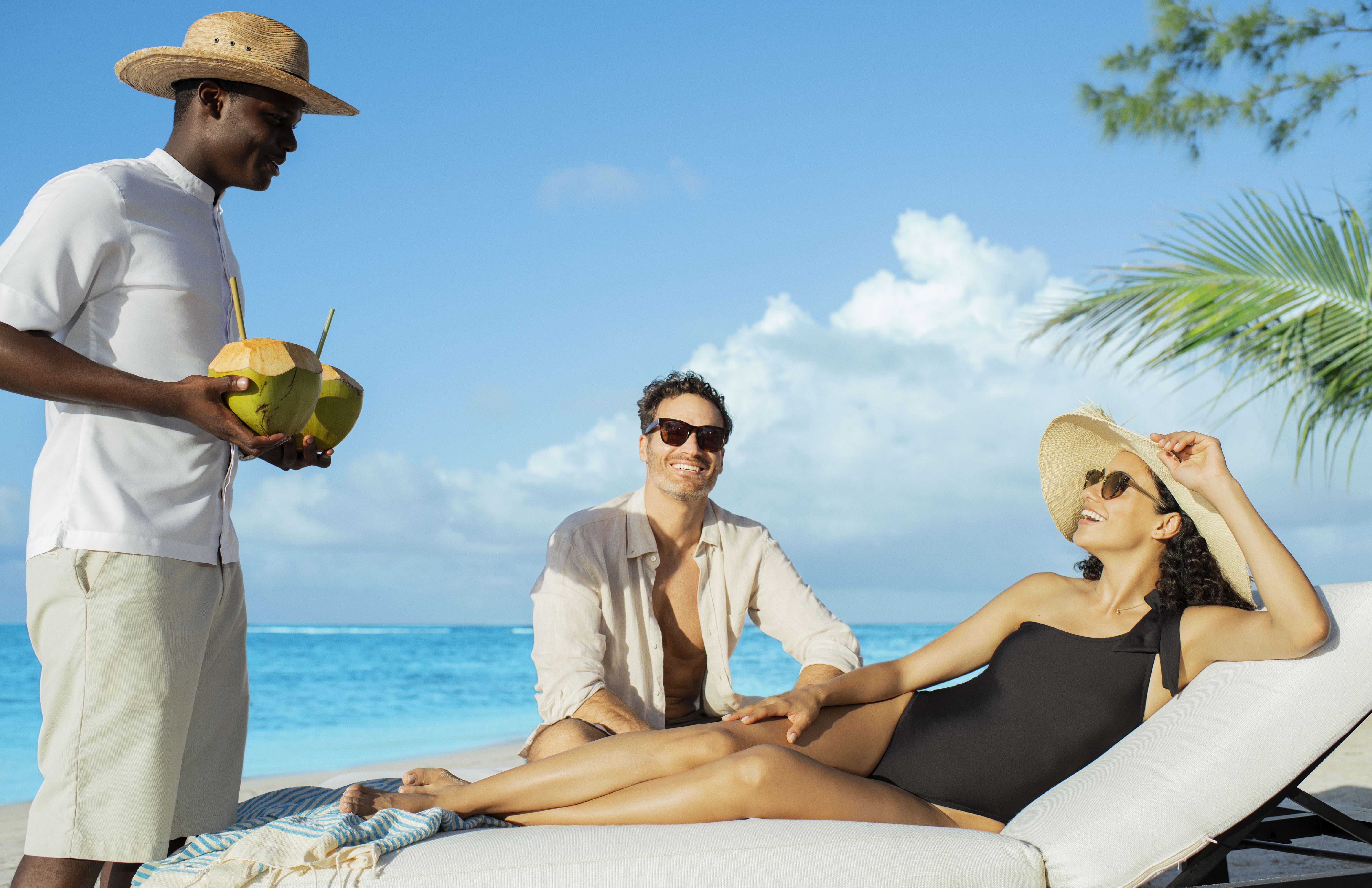
Is it a Language or a dialect?
Some people may reason that the Creole language in its many forms is just English with an accent, however, this is not the case. Jamaican Patois is a creolized English meaning that it has adapted and changed over time adopting portions of other languages and speech patterns.
Approximately ninety percent of the words used are English with the other ten percent being derived from, Arawak, French, Spanish, Chinese, Portuguese, east Indian, and African languages.
Whilst most creole forms of speech have not been officially recognized by their countries as languages, written forms of patois do exist along with grammar structure and systemization. For many speakers, however, this is purely a verbal language and the rules are very loose in their use.
Jamaican Patois is a very relaxed way of speaking that doesn't try too hard to be perfect, but as a direct result, the words flow like poetry and a strong cultural beauty is found through its unique speech patterns.
Where did the Jamaican way of speaking come from?
Whilst phrases and expressions can be traced back to places and events, the rhythmic tones of expressive pronunciations have evolved over time without any clear confirmation of their origins. The almost musical dance of words that patois envelops has emerged from a diverse culture with an extremely varied mix of people throughout time.
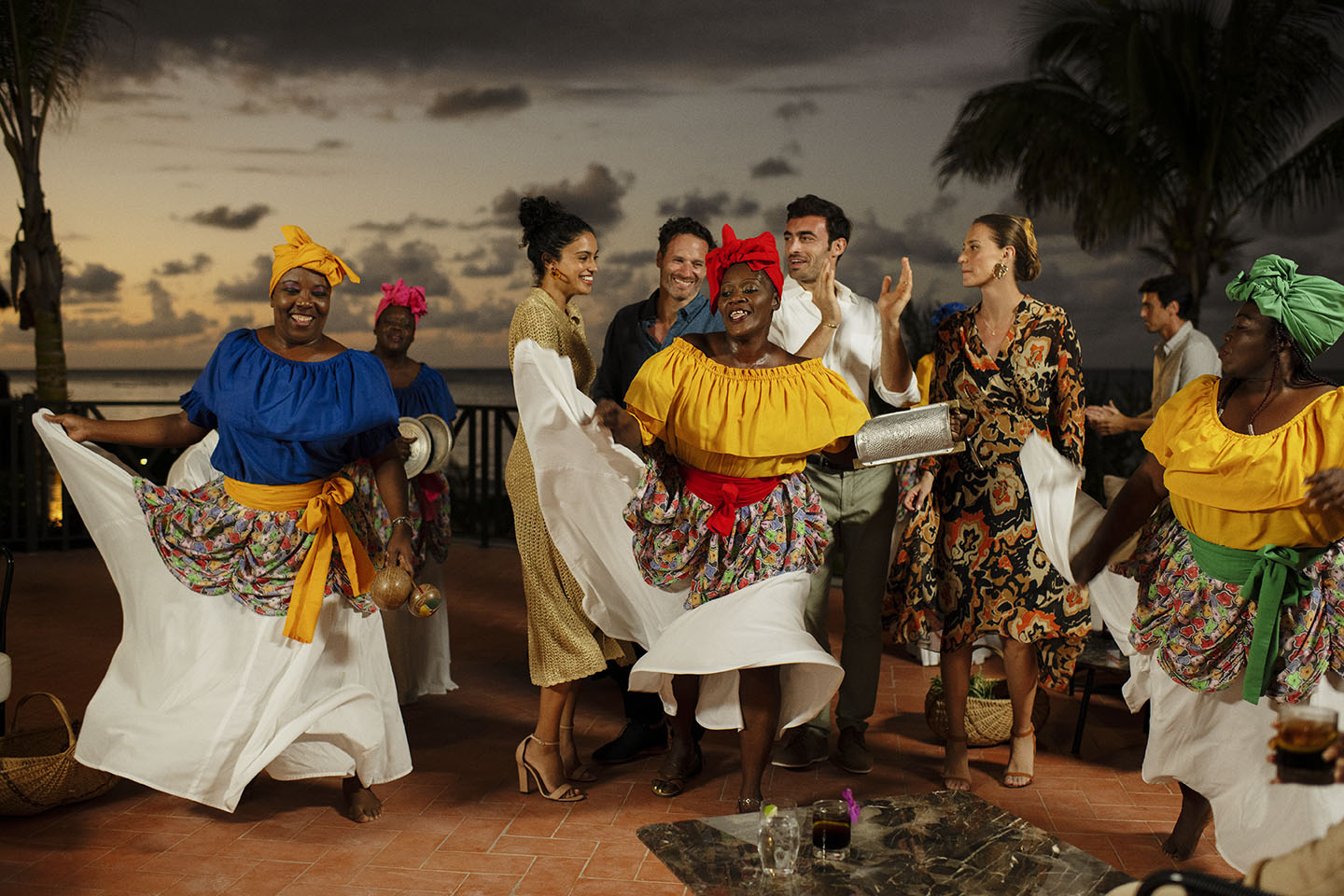
No one has been able to properly define its history, but we are thankful that this vibrant and colorful way of speaking has come into existence. Something that is very clear to see however is the British influence in etymology and pronunciation throughout Patois. This is understandable since the stunning island of Jamaica was a British colony in 1707 before gaining independence in 1962.
This does not mean that Jamaican Patois comes from Britain though. Rather, through its African roots and association with British colonizers, Jamaica came up with this way of talking all by itself.
Learn some Patois for your next getaway
Whether you want to understand a few phrases in this gorgeous language or you wish to be able to say a few things in the local lingo, learning some Patois can be fun and it gives you a deeper insight and understanding into the culture.
Here are a few things that you might hear in Jamaica:
- Hello, how are you? - “Wahgwaan?”
- Im OK - “Mi Irie”
- Do you speak Patois? - “Yuh know how fi chat Patwah?”
- Sure/Ok - “Ya Mon”
- Where are you from? - “Frah wha pawt yuh deh?”
- I'm from… - “Mi deh… “
- See you tomorrow - “Inna Di Morrows”
- Goodbye - “Mi gaan“
Beautiful Jamaican sayings:
The older the moon the brighter it shines - “de olda de moon, de brighter it shines”
- Meaning: the older a person gets the more beautiful, wise, and precious they become.
What went wrong in the morning cannot be fixed in the evening - “Wha gawn bad a maanin, cyaan kum gud a evelin.”
- Meaning: it is unwise to spend time worrying about problems that cannot be fixed.
The new broom sweeps clean, but the old broom knows all the corners. - “New broom sweep clean, but owl broom noe dem cahna”
- Meaning: we should find a balance between the young and the old to benefit from fresh ideas with valuable experience.
One hand washes the other - “Wan han wash de oda”
- Meaning: If someone does something nice for you, you should repay the favor.
A good friend is better than money in your pocket - “Good frien’ betta dan packet money”
- Meaning: Real friendships hold more value than material possessions.
Head to Jamaica to hear some Patois!
Whether you listen to the local radio or you hear the local vendors greeting you good morning, when you are in the country, you are bound to hear plenty of Jamaican lingo. Whilst it is easy enough to understand and most resort staff use more standardized English, being in the Patois environment is going to transport you to a world of Caribbean vibes and tropical feels.
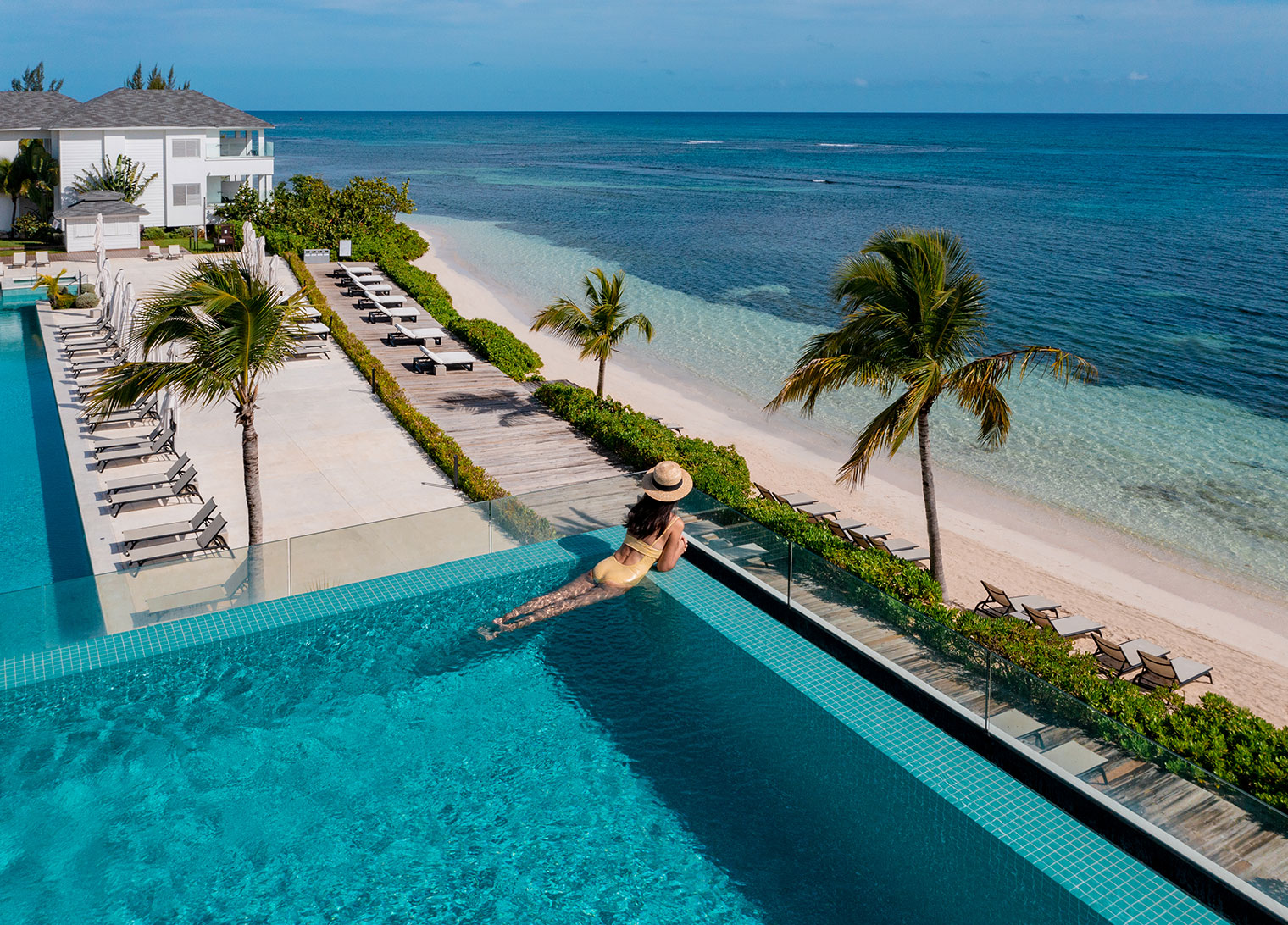
If you want to practice some Patois or want to immerse yourself into the Creole language and lifestyle, head to Montego Bay and find yourself a nice place to stay. Our recommendation is Excellence Oyster Bay for adults only. Located on a private peninsula adjacent to the luminous lagoon, you can enjoy enveloping ocean views and a real Jamaican setting.
Other Articles you may like
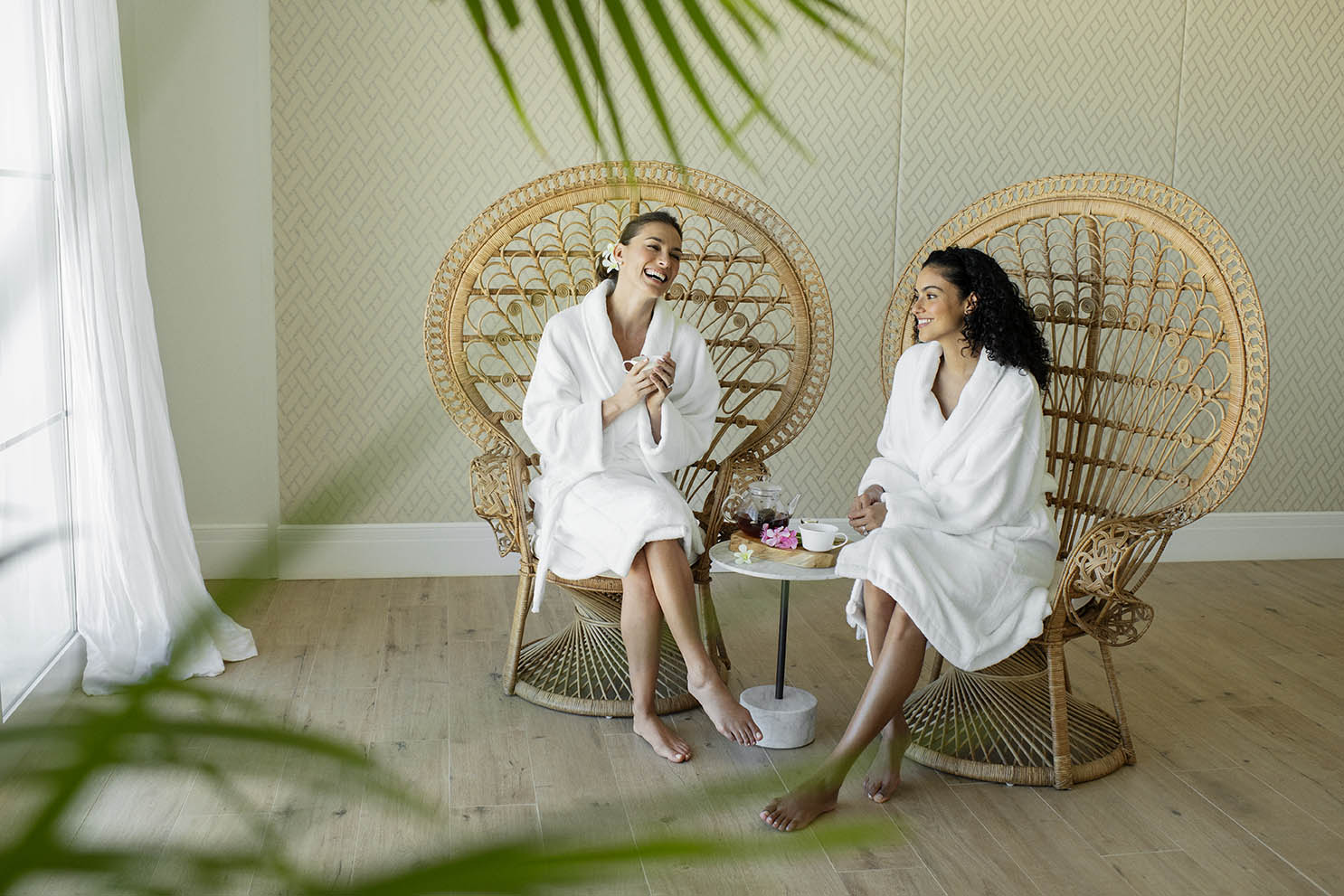
Looking for special moments with your bridesmaids? Come and see the benefits of a spa and why you should take some beauty treatments together.
